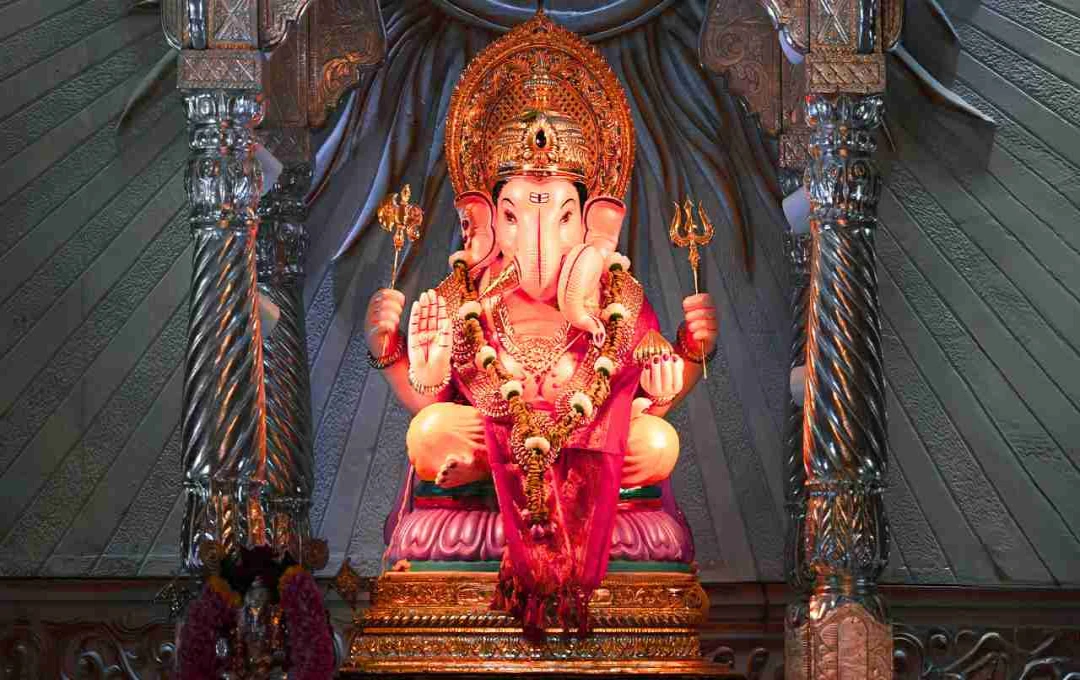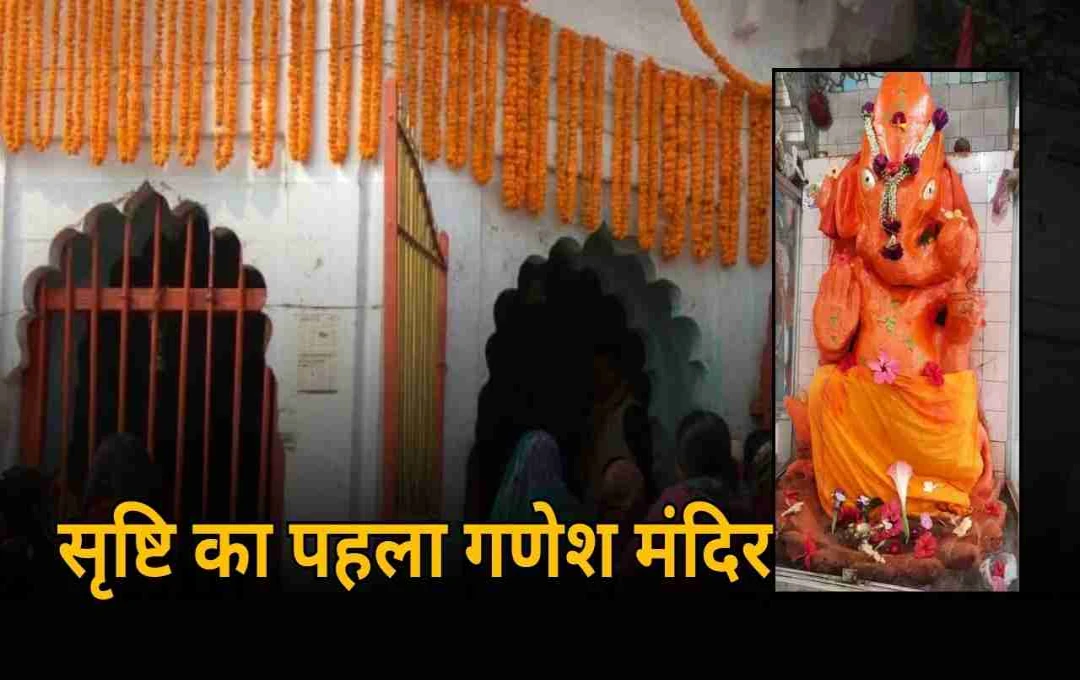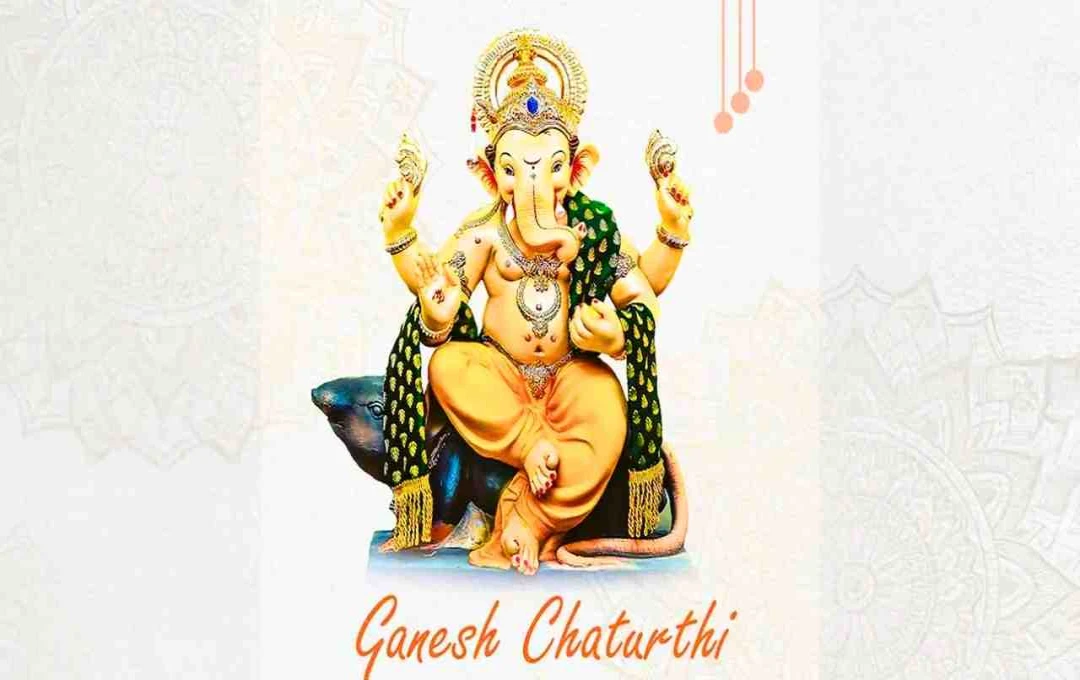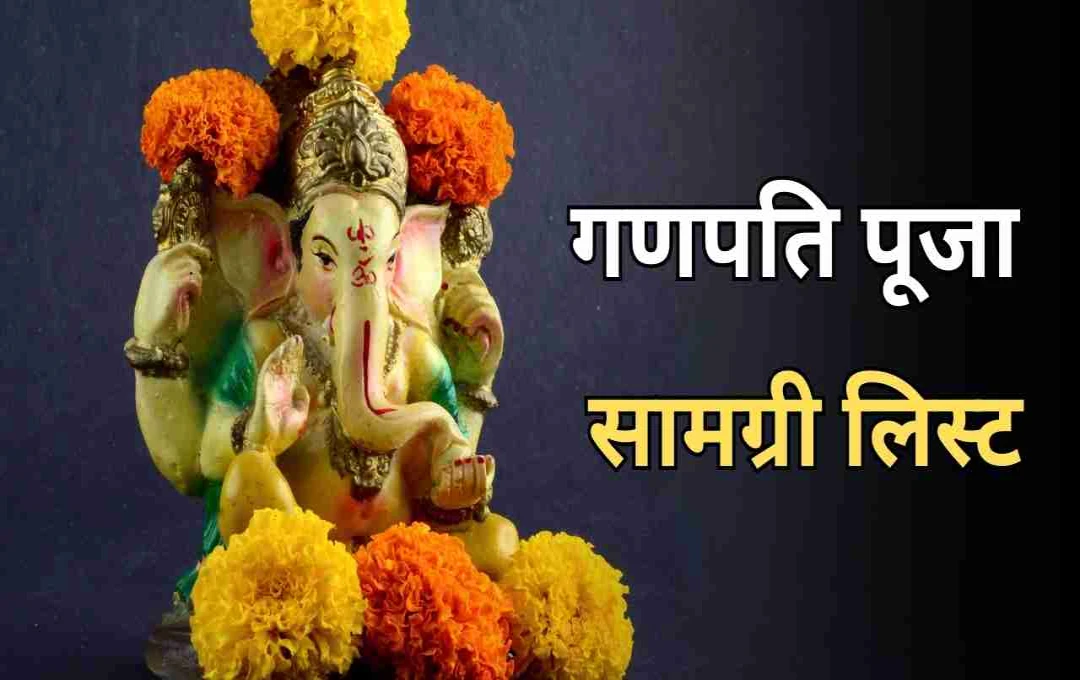In Hinduism, fasting and self-sacrifice hold a special place. These practices are not only a means of spiritual advancement but also cultivate discipline and devotion in life. Nirjala Ekadashi is one such rigorous and sacred fast. As its name suggests, "Nirjala" meaning without water, it involves abstaining from both food and water, renowned for its stringent rules and immense rewards. The significance of Nirjala Ekadashi is so profound that observing it is considered equivalent to observing all the Ekadashi fasts throughout the year.
Nirjala Ekadashi: Importance and Timing
Nirjala Ekadashi is observed on the Ekadashi of the Shukla Paksha (bright fortnight) in the Jyeshtha month. This year, it falls on Friday, June 6th, 2025. It begins at 2:15 AM on June 6th and concludes at 4:47 AM on June 7th. On this day, devotees observe a complete fast without consuming even water, hence the name Nirjala (without water) Ekadashi.
Hindu scriptures state that if a devotee is unable to observe all the Ekadashi fasts throughout the year, observing Nirjala Ekadashi just once yields the same benefits. Despite its difficulty, this fast is considered the most rewarding.
Five Important Practices on Nirjala Ekadashi

Performing certain specific actions alongside the fast enhances its benefits. Let's explore five crucial practices to undertake on this sacred day.
1. Make a Resolution to Fast and Abstain from Water
For Nirjala Ekadashi, the renunciation of food and water is the most challenging aspect. This is a unique example of austerity and devotion. The fast should begin after a morning bath, wearing clean clothes, and meditating on Lord Vishnu, followed by a firm resolve. This resolution purifies the mind and brings spiritual purity.
2. Worship Lord Vishnu with Tulsi Leaves
The Tulsi plant is considered sacred to Lord Vishnu. Using Tulsi leaves in worship is extremely auspicious, and the worship is considered incomplete without them. During the puja, use yellow flowers, chickpeas, yellow sweets, and Panchamrit.
3. Donate a Cow and Other Items
Charity is a primary source of merit. Donating a cow on Nirjala Ekadashi is particularly rewarding. Additionally, donating water-filled pots, clothes, umbrellas, fans, and food also yields auspicious results. It is said that the merit of charity given on this day increases a thousandfold.
4. Spend Time in the Kathas (Stories) and Bhajan-Kirtan (Devotional Singing) of Lord Vishnu
During the fast, devotees should engage their minds in devotion. Listening to stories of Lord Vishnu, reciting the Bhagavad Gita, and participating in devotional singing pave the way for mental peace and spiritual growth. Chanting the mantra 'Om Namo Bhagavate Vasudevaya' enhances concentration and ensures the success of the fast.
5. Donate Water
When consuming water oneself is prohibited, giving water to the thirsty and needy is a great act of merit. This doubles the benefits of the fast and prevents any temptation to drink water. Donating water brings happiness, peace, and prosperity to life.
Worship Method
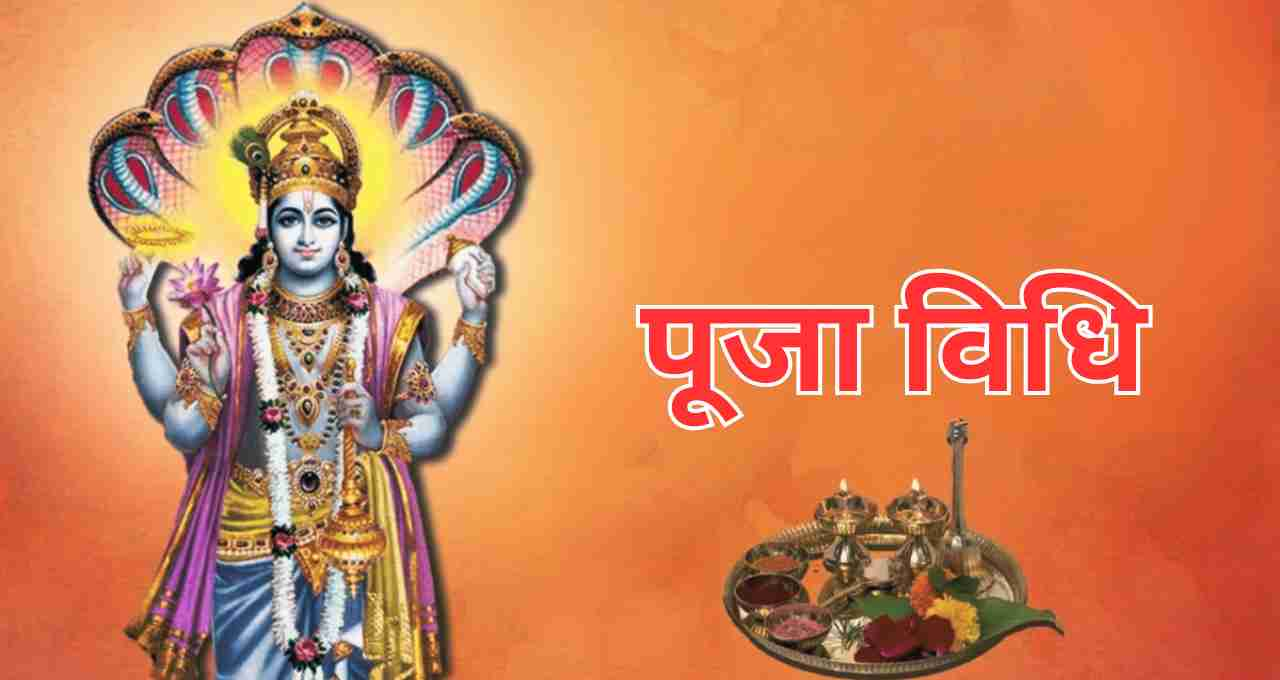
The worship method for Nirjala Ekadashi is simple yet effective.
- Bathe in the morning and wear clean yellow clothes.
- Establish the idol or picture of Lord Vishnu and worship with Tulsi leaves, yellow flowers, sandalwood, and Panchamrit.
- Chant the mantra 'Om Namo Bhagavate Vasudevaya' and recite the Vishnu Sahasranama.
- After the puja, offer food to the deity and perform the aarti.
- Break the fast after sunrise on Dwadashi.
Benefits of Nirjala Ekadashi
Observing the Nirjala Ekadashi fast bestows immense merit according to religious texts.
- This fast provides the merit equivalent to all Ekadashis.
- It destroys sins and aids in achieving liberation (moksha).
- It leads to physical and mental well-being.
- It blesses one with prosperity, peace, and tranquility.
- With God's grace, desires are fulfilled, and stability comes into life.
Nirjala Ekadashi from a Spiritual Perspective
This fast is not merely physical austerity but also represents mental and spiritual discipline. Abstaining from water during the fast cultivates patience, self-control, and complete devotion to God. This rigorous austerity calms desires and paves the way for spiritual progress.
Nirjala Ekadashi Vrat Katha (Story)
The story of Nirjala Ekadashi is ancient and inspirational. Even in the Mahabharata era, Bhima, known for his strength and power, could not observe the Ekadashi fast without water due to intense hunger and thirst. Sage Ved Vyas then advised him to observe Nirjala Ekadashi once a year. By properly observing this fast, he would receive the merit of all Ekadashis throughout the year. This fast is difficult as it involves abstaining from both food and water, but its rewards are immense.
On Nirjala Ekadashi, devotees worship Lord Vishnu while enduring thirst and hunger without consuming water. On this day, devotees bathe in the morning, worship the Lord, use Tulsi leaves in the puja, and resolve to abstain from food and water for the entire day. It is said that observing this fast washes away sins and leads to a healthy life and liberation. This fast purifies the soul and engages the mind in devotion.
The story also mentions that one who observes the Nirjala Ekadashi fast becomes the recipient of Lord Vishnu's special grace, attaining happiness, peace, prosperity, and success in life. This fast provides the merit equivalent to all Ekadashis of the following year. Therefore, it is considered very important not only religiously but also for discipline and self-control in life.
While the Nirjala Ekadashi fast is considered difficult, its glory and rewards are immense. It teaches us the true meaning of strength and dedication. Despite the difficulties, unwavering faith and devotion to God can purify our lives and lead us towards happiness, prosperity, and liberation.



